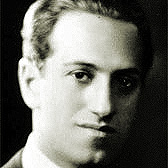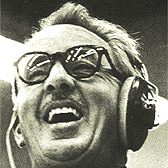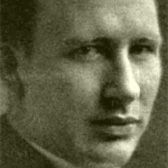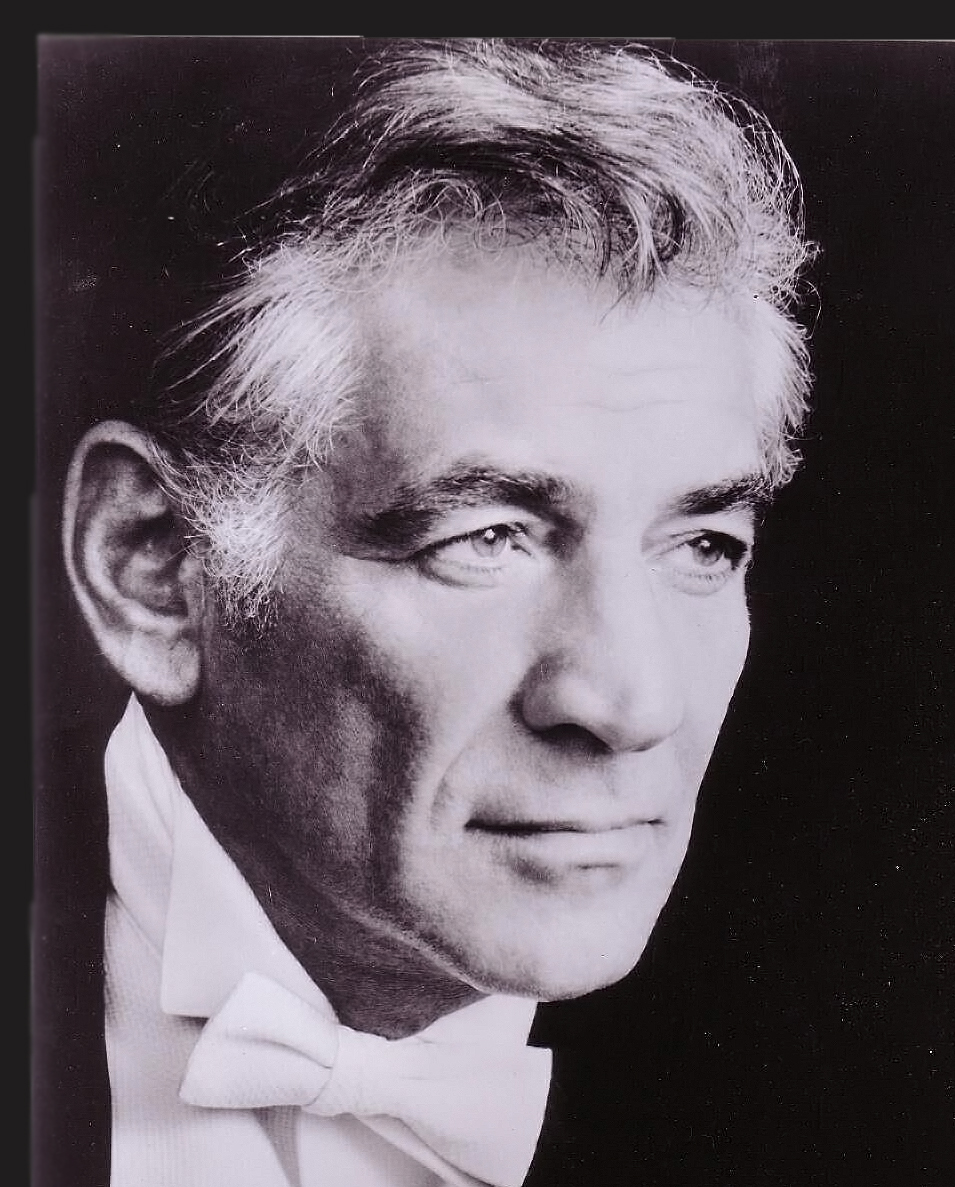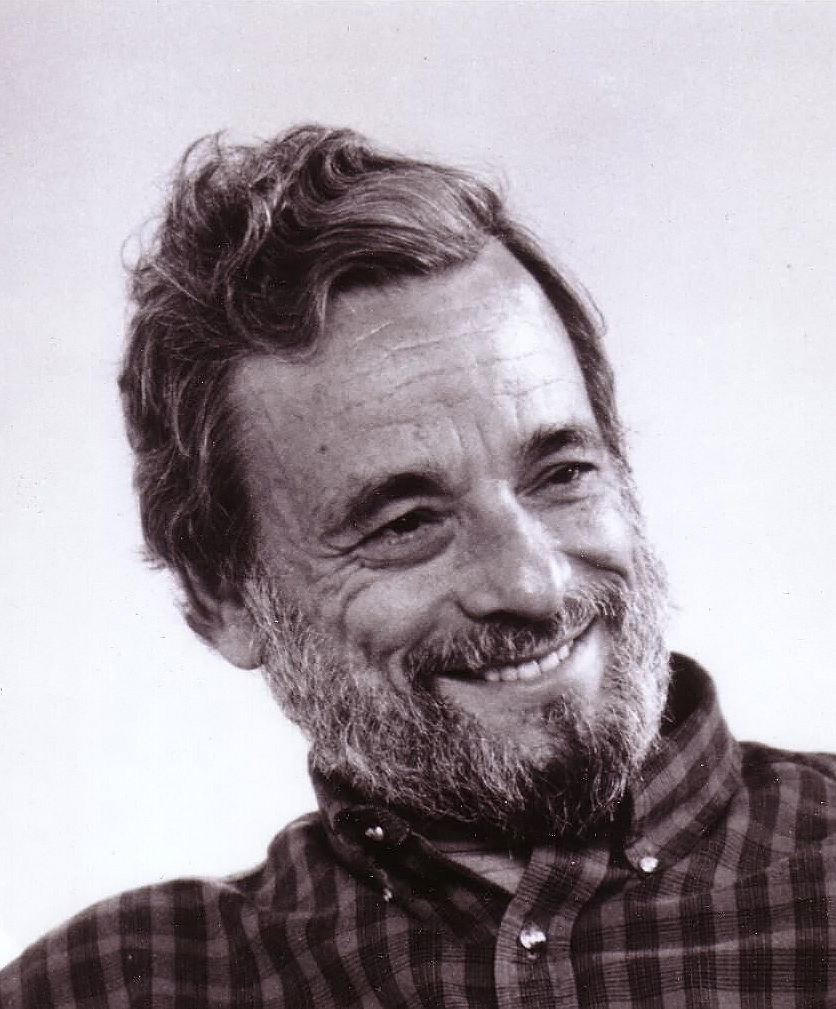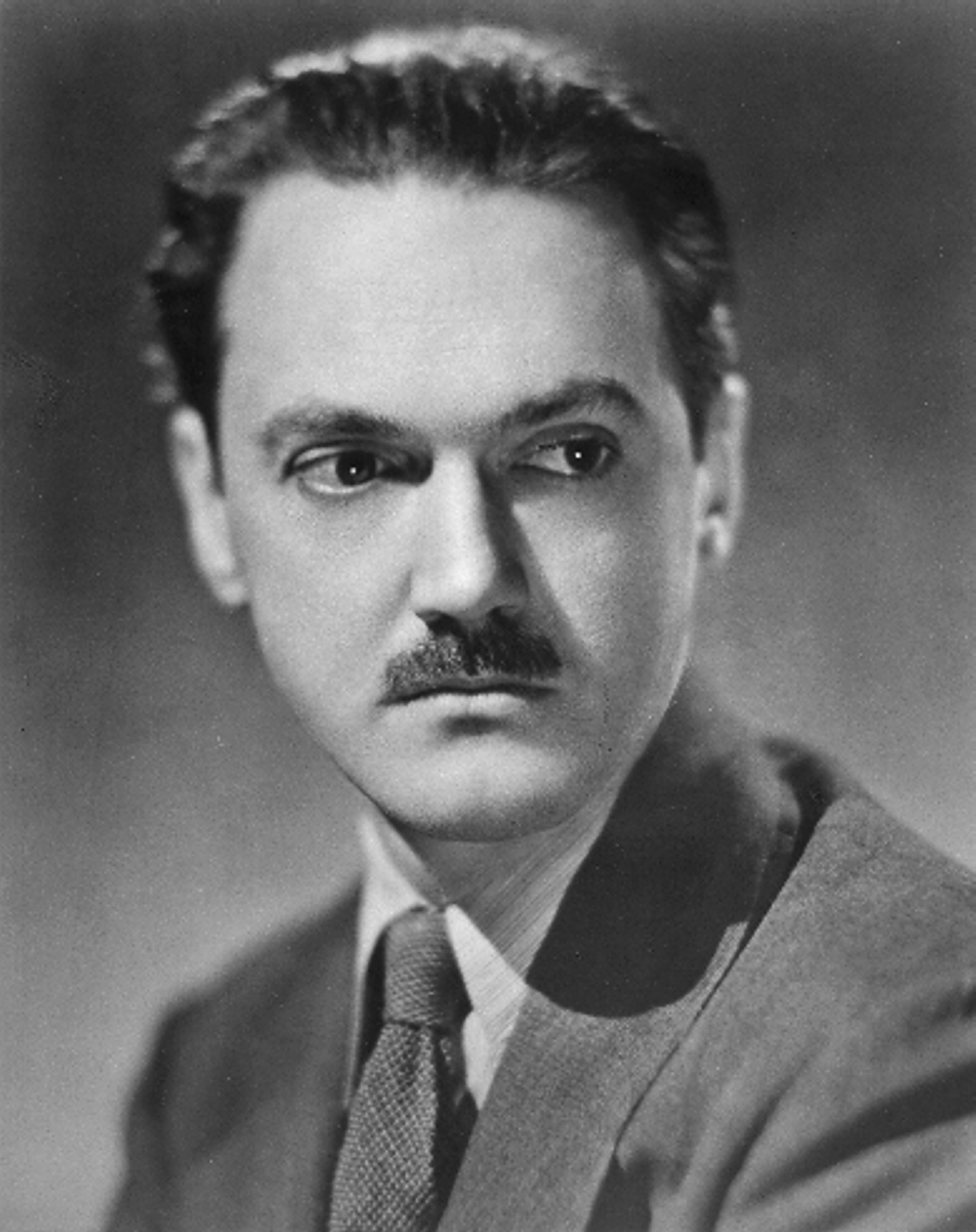
Composer of operas, musicals, chamber music and sophisticated, graceful songs
Alec Wilder
InducteeWrote "I'll Be Around" and "Who Can I Turn To"
Alec Wilder was born Alexander Lafayette Chew Wilder in Rochester, New York on February 16, 1907, the son of a prominent Rochester banker. He studied for a time at the Eastman School of Music, but was for the most part Wilder was a self taught musician. He moved to New York City, and for most of his very nomadic life his single most frequent address was the Algonquin Hotel.
In New York, Wilder quickly became known among fellow musicians such as Mabel Mercer, Mildred Bailey, Frank Sinatra, Judy Garland, Benny Goodman and Jimmy Dorsey.
According to sources, Wilder was never really interested in being categorized as a "classical" or a "popular", or even a "famous", composer. His ambition was to write good music. And he did, creating a large catalog of work characterized by intelligence, grace, elegance, sensitivity, and honest sophistication. Among his best-known songs are "Moon And Sand" (1941, written with Morty Palitz and William Engvick); "It's So Peaceful In the Country" (1941); "Who Can I Turn To?" (1941, lyric by William Engvick); "I'll Be Around" (1943, memorably recorded by Sinatra and countless others); "While We're Young" (1943, written with Morty Palitz and William Engvick), "The Lady Sings the Blues" (1956, lyric by William Engvick and a hit for Mabel Mercer); "Where Do You Go?" (1959, lyric by Arnold Sundgaard); "Mimosa and Me" (1963, lyric by William Engvick); "Remember My Child" (1964, lyric by William Engvick); "Walk Pretty" (1966, lyric by Fran Landesman); "Lovers and Losers" (1968, lyric by William Engvick); "Blackberry Winter" (1976, lyric by Loonis McGlohon); "Be a Child" (1976 lyric by Loonis McGlohon); and "A Long Night" (1980, Wilder's last song, written for Sinatra with a lyric by Loonis McGlohon).
Alec Wilder died of lung cancer in Gainesville, Florida in December, 1980.
William EngvickWrote the definitive book "American Popular Song: The Great Innovators, 1900–1950" (1972)


